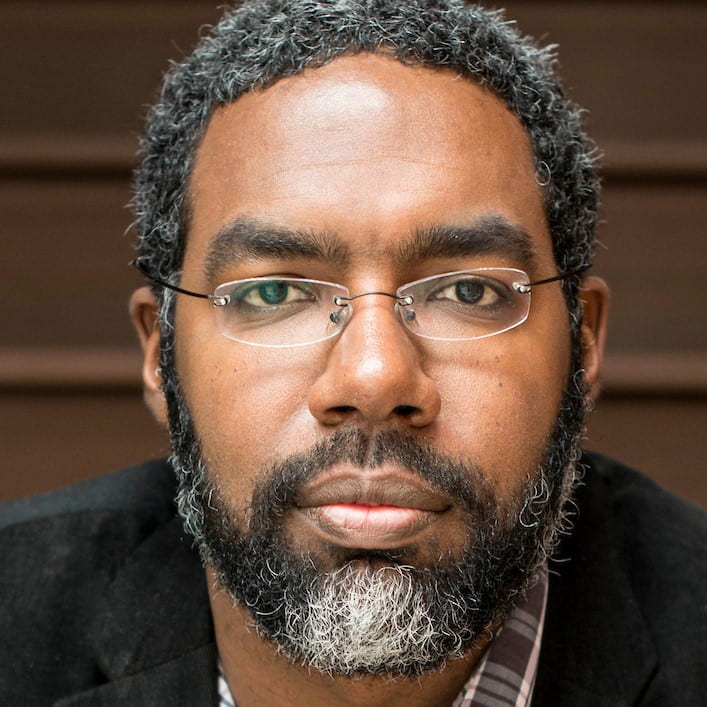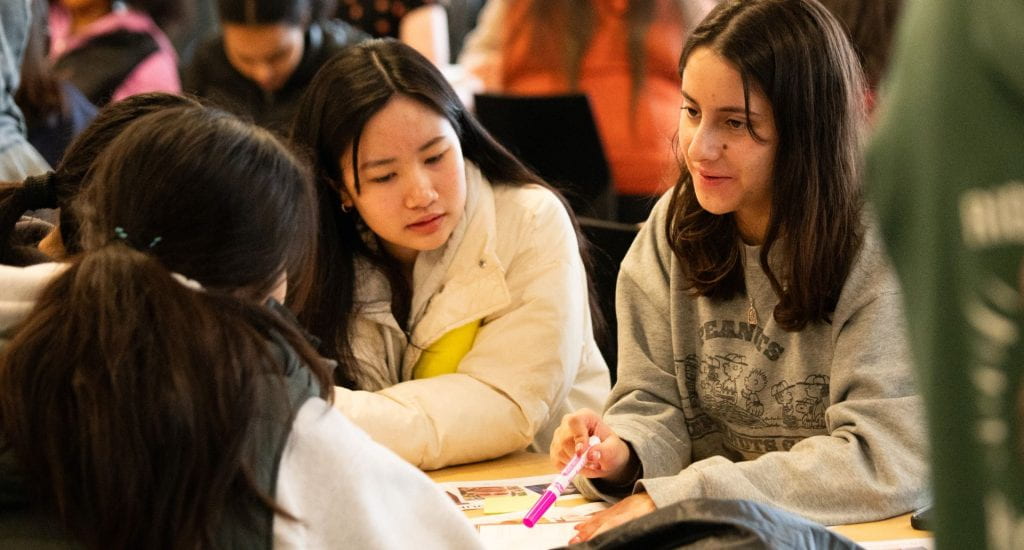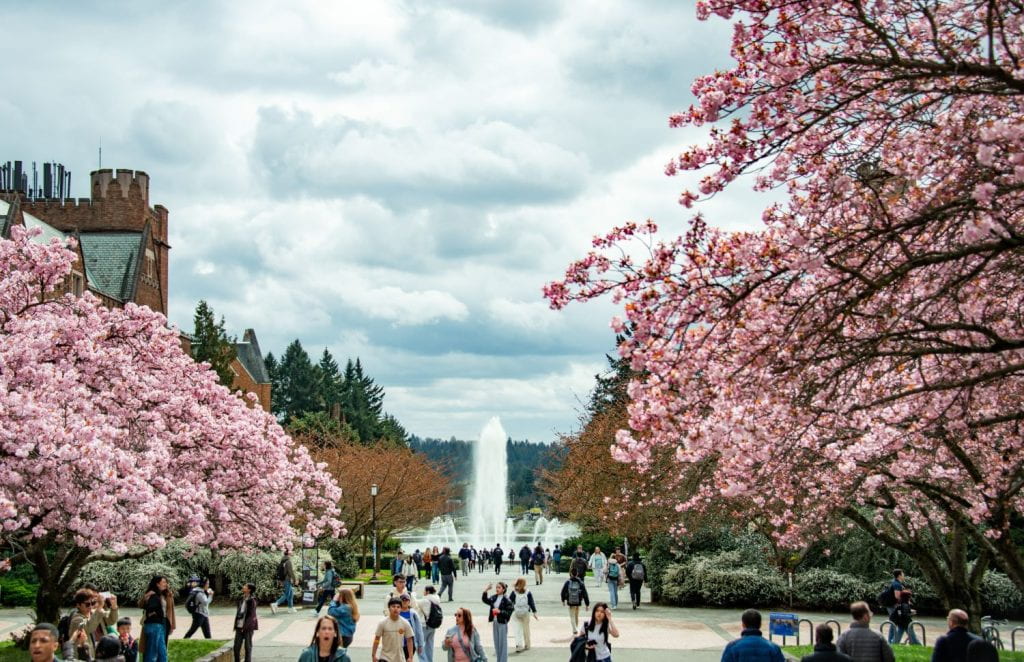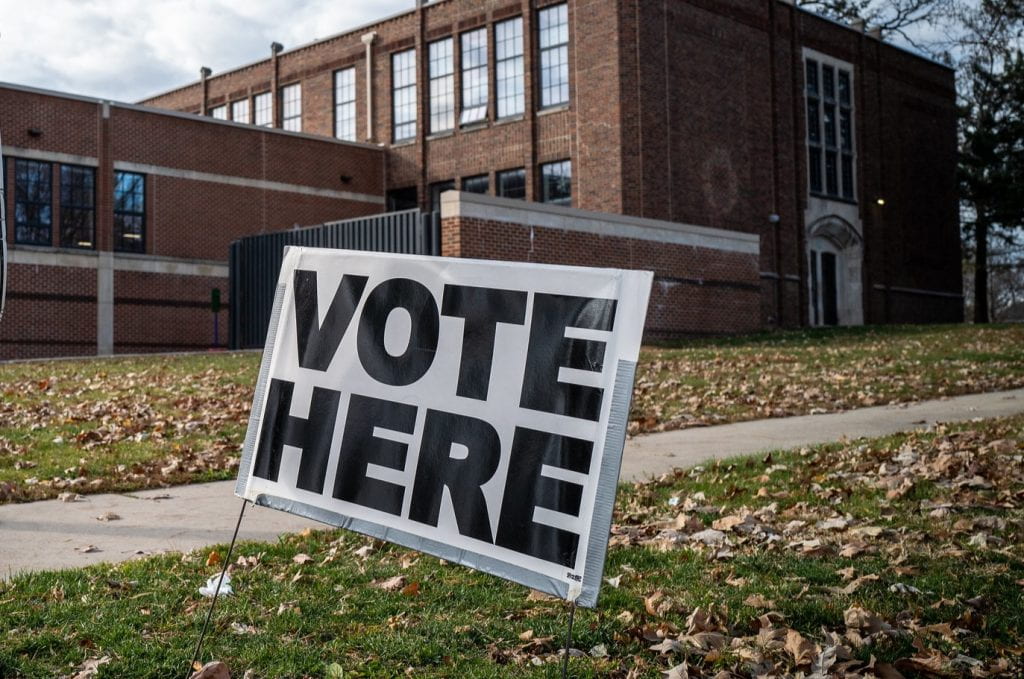By Hsin-Hui Cheng
During the Center for an Informed Public’s most recent Invited Speaker Series discussion, Deen Freelon, an associate professor at the University of North Carolina at Chapel Hill’s Hussman School of Journalism and Media, shared insights from his research into how the ideological left and right utilize social media differently.
In his presentation, “Hashtag heroes vs. disinfo dystopia: The left, the right, and the truth about social media activism,” Freelon explored the idea of “clicktivism” — low-cost online engagements such as sharing and liking — being a substitute for genuine offline engagement. “What we find instead is that online engagement supports offline engagement,” Freelon, a principal researcher at UNC’s Center for Information, Technology and Public Life (CITaP), said during the CIP’s Feb. 23 virtual discussion. “There is some evidence that online engagement can be a gateway for the latter,” he said.
Although Freelon said researchers are not certain whether clicktivism works differently on the left and the right, these low-cost digital political activities can complement their offline counterparts, often with great impacts.
Freelon also brought up the concept of how ideological asymmetries, which are the systematic differences in left/right beliefs and behaviors, can influence digital activism. ”The fact that conservatives have a stronger preference for ideological echo chambers, that conservatives shared more false news … and tolerate politicians spreading misinformation more,” Freelon explained, “… these are all situations in which there is a pronounced asymmetry between the left and the right.”
The ideological asymmetries of digital activism Freelon has observed through research, he said, are two different frames projected upon the left and the right, which are referred to as “hashtag heroes” and “disinformation dystopia,” respectively.
“Hashtag activism is a widely used and effective mode of online activism for the left,” Freelon said. With many hashtags that have been studied by researchers, such as #MeToo and #BlackLivesMatter, standing for left-leaning causes, the implication that hashtag activism is for the left has been borne out in academic research.
Freelon discussed how an alternative media ecosystem on the right is disproportionately tolerant of mis- and disinformation and is closely networked with its ideological leaders, including former president Donald Trump. Studies from the 2016 U.S. presidential election, Freelon said, “showed that there was disproportionate sharing of pro-Trump misinformation relative to pro-Clinton content.”
However, he pointed out that there is insufficient research on right-wing hashtag activism and left-wing disinformation. Freelon noted that if hashtag activism is a set of tactics, it should be theoretically applicable for individuals outside the left. There is also little doubt that left-wing disinformation exists, he said, adding that collecting empirical facts and finding out the similarities and differences between left and right is crucial for understanding online activism and making conclusions.
“We should rectify this to gain a more complete picture of the ideological asymmetries that characterize online activism,” Freelon said. While more research may lead to additional questions and more debate, “hopefully we can all agree that having stronger empirical foundations here is a good thing. And that’s what we the people in this area should spend a little bit of time pursuing,” Freelon said.
The next CIP Invited Speaker Series discussions will be Tuesday, March 9, featuring David Nemer, assistant professor of media studies at the University of Virginia; and Tuesday, March 30, featuring Rasmus Kleis Nielsen, director of the Reuters Institute for Journalism at the University of Oxford. Watch for updates about these events on the CIP’s homepage.




